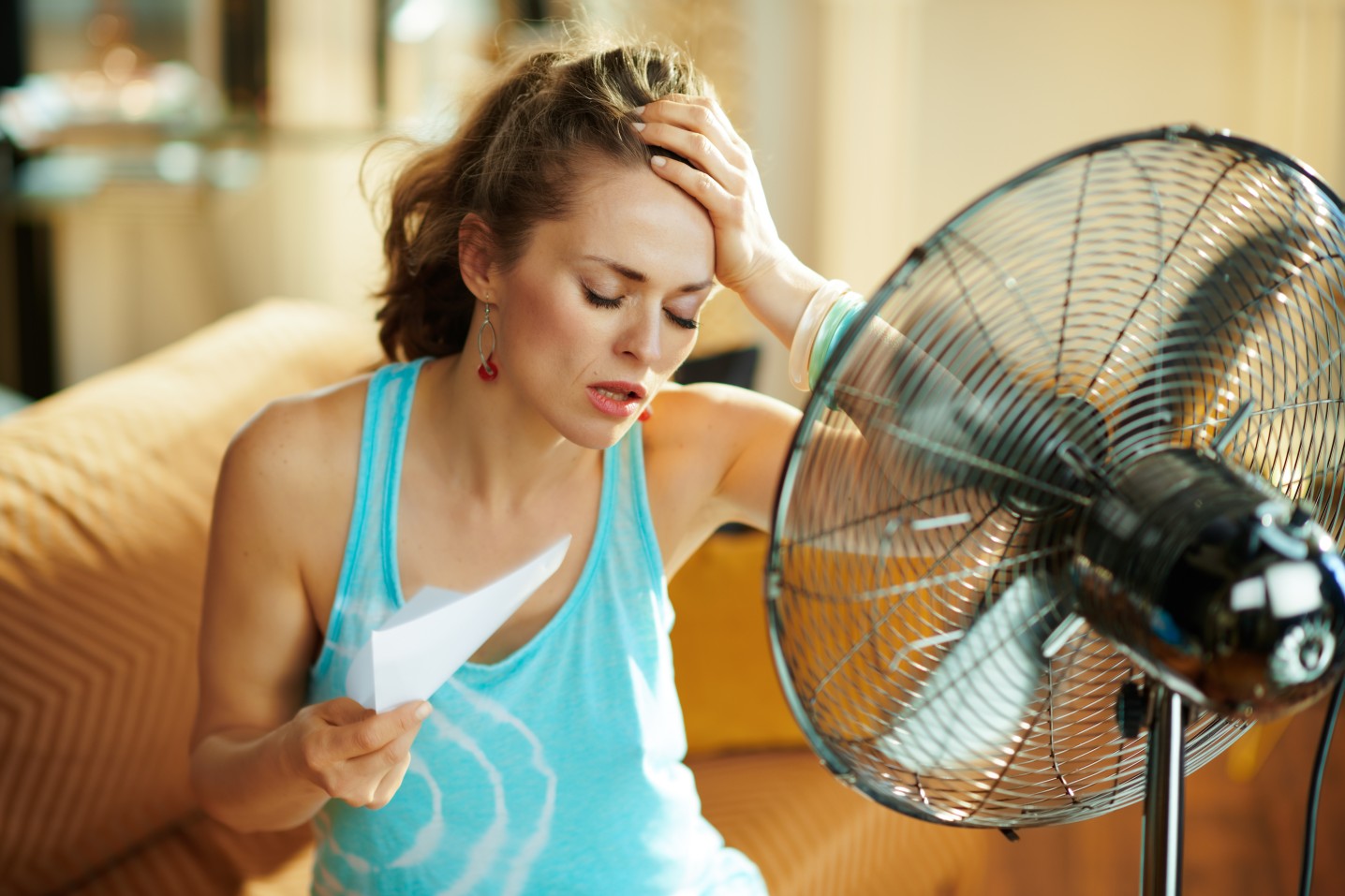How a Rainy Night and Beyoncé Kept DC Metro Running
August 9, 2023
In the captivating world of music and entertainment, artists wield a unique power that extends beyond the boundaries of the stage, leaving an indelible mark on the hearts and minds…

It is officially only the start of summer, but already heat-related emergencies are increasing sharply as temperatures regularly reach into the high 90s and above 100 degrees in many parts of the country.
Weather experts predict that similar heat waves are more likely to occur in coming months than in the past.
It is vital, therefore, that you know how to protect yourself during those times of extreme heat. Overexposure to heat or direct exposure to the sun can turn into an emergency more rapidly than most people realize, says Dr. Gillian Schmitz, president of the American College of Emergency Physicians, based in Washington D.C.
You can still enjoy the summer and yet avoid having to go to the emergency room, she adds.
It is important that you know what the signs of a heat emergency are, that you take steps to avoid suffering from illness related to the heat, and that you know how to treat yourself and others who become victims of excessive heat.
Here are several tips to help you to avoid experiencing a heat emergency.
• Monitor the amount of time that you spend in the sun.
It is particularly important for children and older adults that they limit their exposure to direct sunlight at times of extreme heat, but everyone should be careful to do so.
During the middle of the day it is best to stay out of direct sunlight as far as possible. In the early to mid-morning and later in the afternoon, restrict the amount of time you spend in the sun.
Be aware that the same degree of harmful rays still reach earth through a layer of light cloud, but the presence of a light cloud cover makes you feel you can spend more time in the sun.
• Take regular breaks
Should you need to spend time outside, take breaks from the sun when you can and drink plenty of water.
• Apply sunscreen and wear loose-fitting clothing.
• Limit exercise and strenuous activity to the morning or evening hours.
• Drink plenty of water.
• Wear sunglasses to protect your eyes.
• Never leave a pet or a child unattended in a hot car. Temperatures inside a vehicle, even should the window be cracked open, can soar to levels that are dangerous within only a few minutes.
Staying out in the sun for too long can lead to sunburn and also result in heat cramps, heat stroke, or other dangerous conditions, Schmitz warns.
Among the signs of heat cramps are muscle spasms in the stomach or legs.
You should treat such cramps by resting in a place that is cool and sipping small amounts of fluids. Do not take salt tablets if you are suffering from heat stroke, nor should you give them to someone else who is suffering in that way.
Check for signs of heat-related illness.
Early indications of heat-related illness include headache, weakness, or lightheadedness as well as moist, cool, pale or flushed skin. People who show these symptoms should drink non-caffeinated and non-alcoholic fluids.
If the symptoms of heat stroke continue or worsen, people can be cooled down by putting cold packs on their ankles and wrists, neck, armpits, and the groin area.
You should seek immediate medical attention or call 911 should symptoms include a rapid pulse, pale skin, vomiting or nausea, a high body temperature, loss of consciousness, or confusion.
If you are trained to administer CPR do so should the person become unconscious.
Call for help from emergency physicians should a medical crisis take place. They are ready to care for you, says Schmitz.